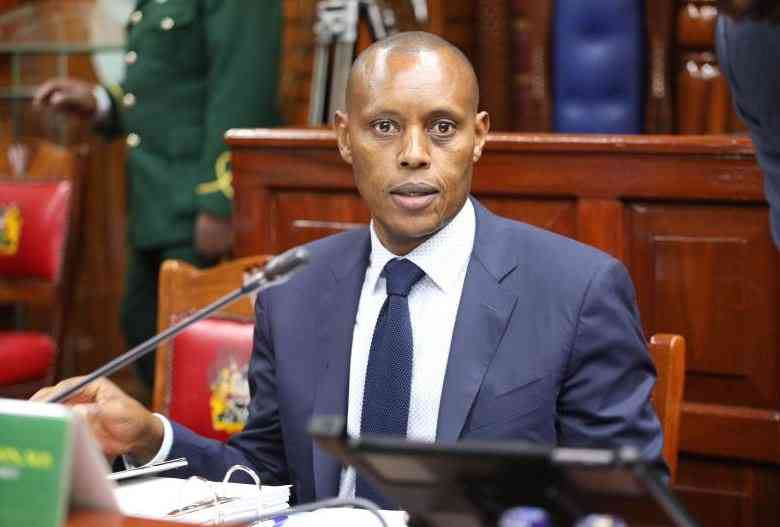On Thursday last week, the skyline over Nairobi woke up to the luminous and promising sunshine; only this time a dark memory threatened to cloud this colourful day. Twenty-seven years ago, on this very day —August 7, 1998— Nairobi was a city in grief following the horrific bombing of the US Embassy in Nairobi. More than 200 innocent people were killed.
The same day, a second blast also ripped through the US Embassy in Dar es Salaam, Tanzania.
It’s a day we would all wish to forget, but we can never. During this anniversary, I wish to draw my reflections on the diplomatic journey that Kenya has since walked with the United States and our collective efforts to weed out terrorism.
I draw this reflection at a time when – although both our nations face terrorism threats – there have been what I might term unwarranted undertones to jeopardise our cordial diplomatic relations that have made major milestones in the war on terror.
Follow The Standard
channel
on WhatsApp
Without going into details so as not to lose track of the symbolism of this anniversary as Chairperson of the National Assembly’s Defence, Intelligence and Foreign Relations Committee, feel compelled to speak to both the gravity of history and the weight of this moment.
Let me anchor this reflection in a name many may not immediately recognise: John O’Neill.
As an astute – perhaps the best at the time – counterterrorism expert at the Federal Bureau of Investigations, O’Neill was among the first Americans to grasp the emerging threat of Al Qaeda in the 1990s.
He rallied the agency and indeed the US government to consider urgent action to track Osama bin Laden’s network, which he warned was planning terrorism attacks.
As fate would have it, when the 1998 attacks happened in Nairobi and Dar es Salaam, the task of unravelling the puzzle of the twin bombings landed in the hands of O’Neill.
He walked in our streets, observed the twisted steel and shattered glass, and he understood: The world had changed, and Africa was on the frontline of this new global threat.
It is O’Neill, who eventually cracked the link between Bin Laden and the main mastermind of the twin bombings; Fazul Abdullah Mohammed.
O’Neill, also helped track Fazul to Somalia. He got intelligence that ultimately led to the killing of Fazul at a Somali military checkpoint in Mogadishu in June 2011.
Years later, O’Neill took up a job at the World Trade Centre (WTC) as head of security. He was tragically killed on September 11, 2001, terrorist attack on WTC, only weeks into the job, ironically by the same Al Qaeda group led by the same Bin Laden whom he had warned about more than a decade earlier!
The story of O’ Neill is one tragic metaphor that clearly espouses what happens when warnings go unheeded, cooperation falters, and when politics trumps principle.
In remembering John O’Neill today, Kenya and the world recall not just a man, but a lesson: That security, like diplomacy, must be proactive—not reactive.
Allies should listen to one another and mutual respect is no longer an option, but essential.
Kenya has long been a strategic partner of the United States in areas of counterterrorism, regional stability, trade, and development.
That partnership was not built overnight. It was forged in shared pain. The intelligence we have shared between ourselves has forestalled countless terror attacks and helped track and eliminate masterminds of this heinous crime.
Sadly today, we find ourselves caught up in an unnecessary diplomatic chill. The recent misguided calls by a section of the US political class for suspension of several bilateral security programmes are unfortunate.
The United States remains a friend. As they say, friends can argue, but they must speak hard truths with honesty, especially on such weighty matters as the war against terrorism.
History should not only remind us but also guide us to mutual prosperity.
Mr Koech is Belgut MP and chairperson of the National Assembly’s Departmental Committee on Defence, Intelligence and Foreign Relations
Follow The Standard
channel
on WhatsApp
By Nelson Koech


